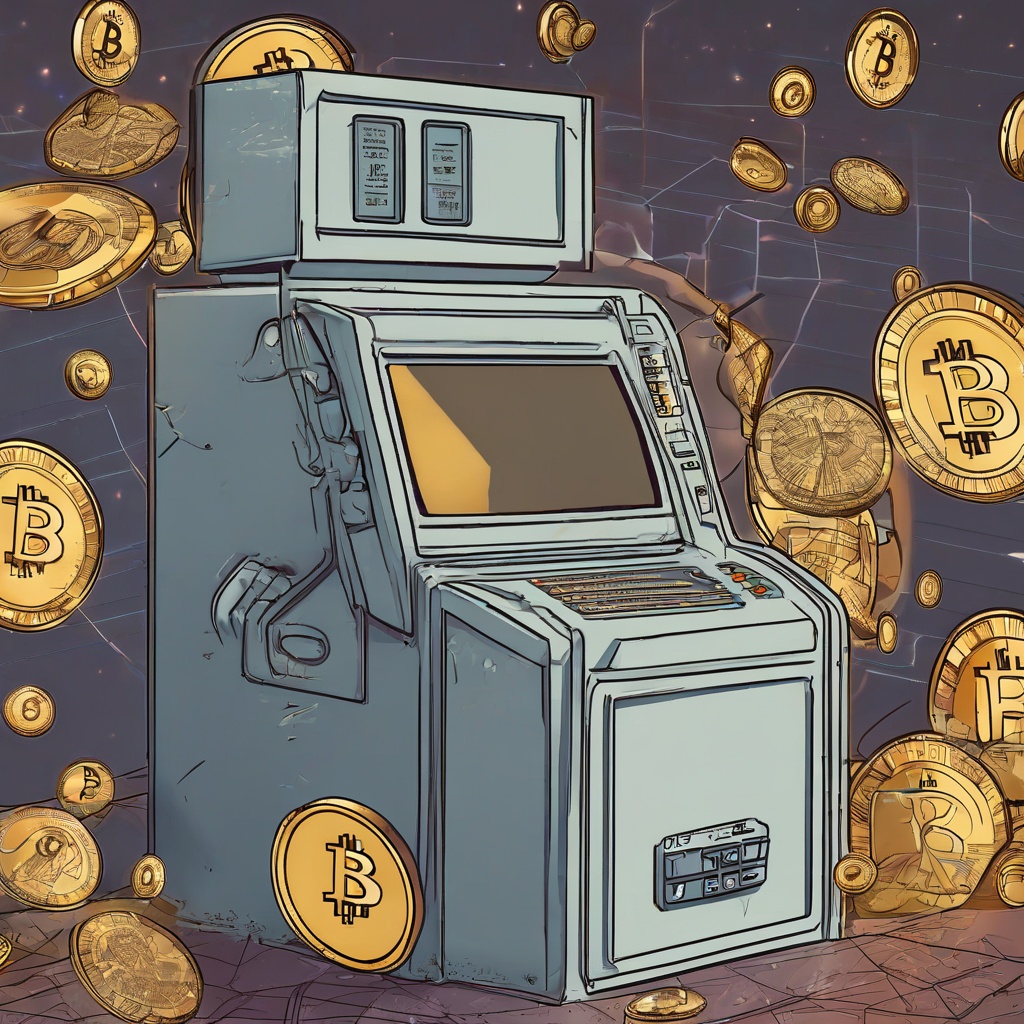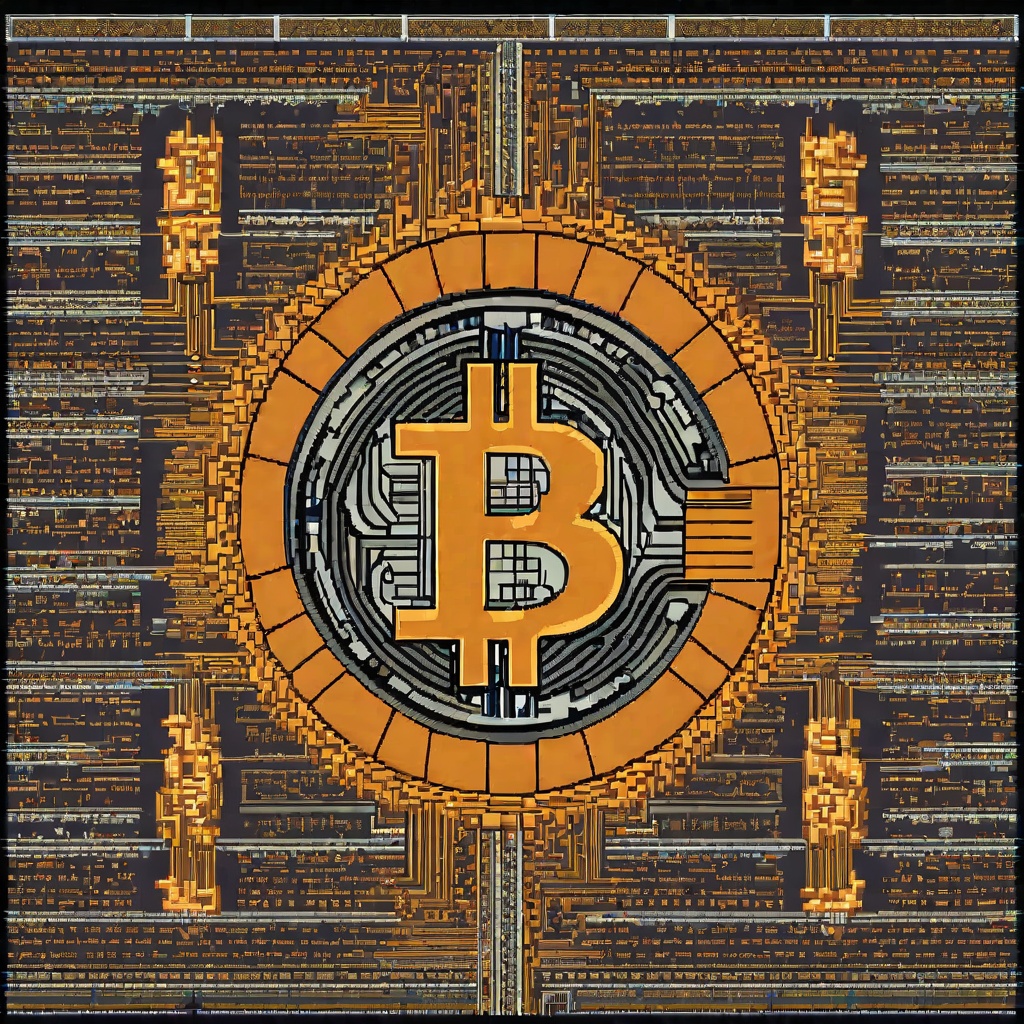How do Ethereum gas fees work?
Ethereum gas fees are payments required to conduct transactions or execute contracts on the Ethereum blockchain. These fees, priced in fractions of ETH called gwei, are determined by supply, demand, and network capacity. They compensate validators for the resources used to process transactions and secure the network. Gas fees rise and fall depending on network congestion, with higher fees during peak times and lower fees when traffic is light.

How does legacy work?
I'm curious about how legacy works. I want to understand the process, the rules, and any potential implications it might have. Can someone explain it to me?

How does margin trading work?
I want to understand the mechanism of margin trading. How does it operate and what are the key elements involved in this type of trading?

How do crypto mixers work?
Crypto mixers, also known as crypto tumblers, work by mixing a user's virtual currency with that of other users, obscuring the original Flow path of funds. This process involves sending funds to a mixer, which then combines and shuffles coins from multiple sources before redirecting them to new addresses, making it difficult to trace the source or destination of the funds.

How do gas fees work?
I'm trying to understand how gas fees work. I know they're related to transactions on certain networks, but I'm not sure about the specifics. Can someone explain how these fees are calculated and what factors influence them?

